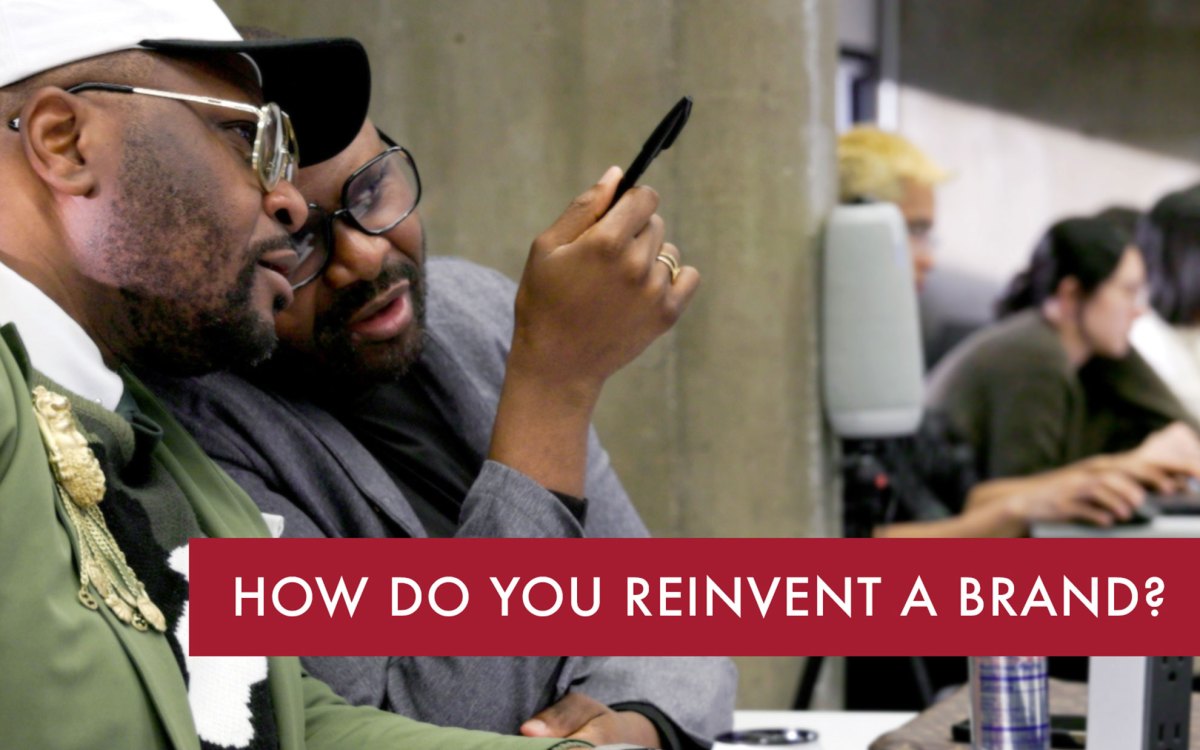More free trade or time to give tariffs a chance? It was up for debate.

Moderator Debora Spar (from left) Oren Cass, Katherine Tai, Robert Lawrence, and Lawrence Summers.
Economists, experts face off over nation’s experiences with both since post-World War II era
Would Americans be better off if the nation shifted from its post-World War II free-trade approach to one that favors higher tariffs?
That was the question posed to those attending an Institute for Business in Global Society debate on Wednesday evening, hours after the Supreme Court heard arguments in a highly anticipated case challenging the global tariffs imposed by the Trump administration.
For the audience’s part, 30 percent favored a change while 70 percent did not. The debaters were, by design, more evenly split.
Arguing for “yes” were Oren Cass, founder of the think tank American Compass and author of “The New Conservatives,” and Katherine Tai, J.D. ’01, a lawyer, former U.S. trade representative under President Joe Biden, and currently a fellow at the Institute of Politics at the Harvard Kennedy School.
Taking the opposing side were Robert Lawrence, the Albert L. Williams Professor of International Trade and Investment at the Kennedy School, and Lawrence Summers, the Charles W. Eliot University Professor, former University president, and former U.S. treasury secretary.
Much of the discussion centered on issues of balance and fairness.
Cass called the current system “very imbalanced” and “not best for prosperity.”
Lawrence later pointed out that perfect economic balance is only achieved in a barter economy, where one good is directly traded for another. He concluded: “Nothing is going to guarantee balance.”
Cass went on to argue that the premise that free trade always promotes prosperity is “essentially wrong” and dismissed the idea that trade imbalances are self-correcting. Stressing that some kind of intervention is needed, he said “strategic tariffs are going to be higher tariffs.”
Summers, in response, focused on the unequal impact of tariffs. Pointing out that people with less money are more likely to spend on goods, while those with more spend on services, he argued that tariffs function as a regressive tax, forcing the poor to spend more while the rich reap the benefits.
“Using tariffs as a way to try to correct trade imbalances is using the wrong instrument,” he said.
Speaking as a onetime history major, Tai sought to put the debate in context.
After World War II, she said, the U.S. went from a highly regulated New Deal-influenced economy, which lasted several decades, to a neo-liberal Reagan-era world of free-trade agreements, where the perception is “government is part of the problem.”
Making the case for tariffs, she pointed out that the current free-trade era has seen two major economic crises — one sparked by the subprime mortgages collapse in 2008-2009 and the other, in 2020-2021, by the pandemic supply-chain breakdown.
“Do you feel like the promise of the neoliberal era … is delivering the results it’s supposed to?” she asked.
The opposition was quick to counter claims of damage brought by tariffs.
Bringing up levies on imported steel in response, Summers noted that tariffs may help U.S. steelworkers by making imports more expensive, but it will hurt those employed by companies that make products with steel — and there are far more of them.
Instead, he argued that trade with allies and “good mercantilism” should be goals.
However, Summers’ pivot to discussing trade agreements as a means of cementing alliances triggered a conversation on the case of China.
Cass recalled how China was brought into the World Trade Organization in 2001 — a move some analysts say helped it become a trading powerhouse, in part due to unfair practices, and resulted in a loss of U.S. manufacturing jobs.
Cass argued that using tariffs now to confront the global giant is “the only rational perspective.”
Speaking specifically of the auto industry, and China’s place atop the electric vehicle market, he said: “There are only two options — allow China to dominate or confront them.”
At stake are real lives, Tai stressed. Acknowledging that she feels uneasy in today’s economy, she cast the problem as widespread.
“When we’re talking about an economy, we’re talking about the people in the economy,” she said. “Consumers spending money at the market are workers, who have to have a job, who have to get paid a wage, who have the right to advocate for themselves and bargain in the marketplace of the workplace to better those wages.”
With free trade, she concluded, “productivity has gone up, but wages have not kept pace.”
The debate turned to how tariffs are currently used. Cass acknowledged the apparent contradiction of raising levies on allies such as Canada, but argued that such moves are simply “a bargaining tool.”
But Lawrence said tariffs are actually ineffectual as policy tools.
“If you want more jobs, it’s more efficient to subsidize production,” he said. “If you want to raise revenue, it’s more efficient to have a broadly based sale tax than to use a tariff.”
Considering what could replace the current system, Tai drew on her experience in the Biden administration to point out how both Biden and Trump saw a use for tariffs. The differences in their approaches are so great, however, that they have colored discussion about the utility of tariffs as part of the nation’s foreign policy.
At the end of the evening, a final vote on the proposal showed at least a few minds had been changed, with a final count of 32 percent in favor and 68 percent opposed.




